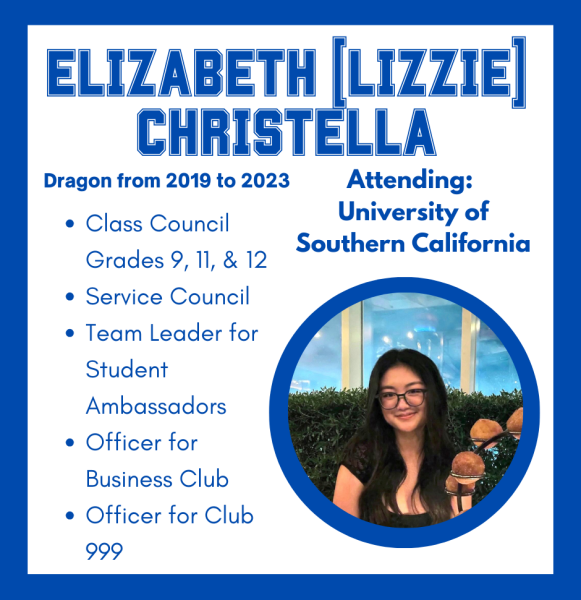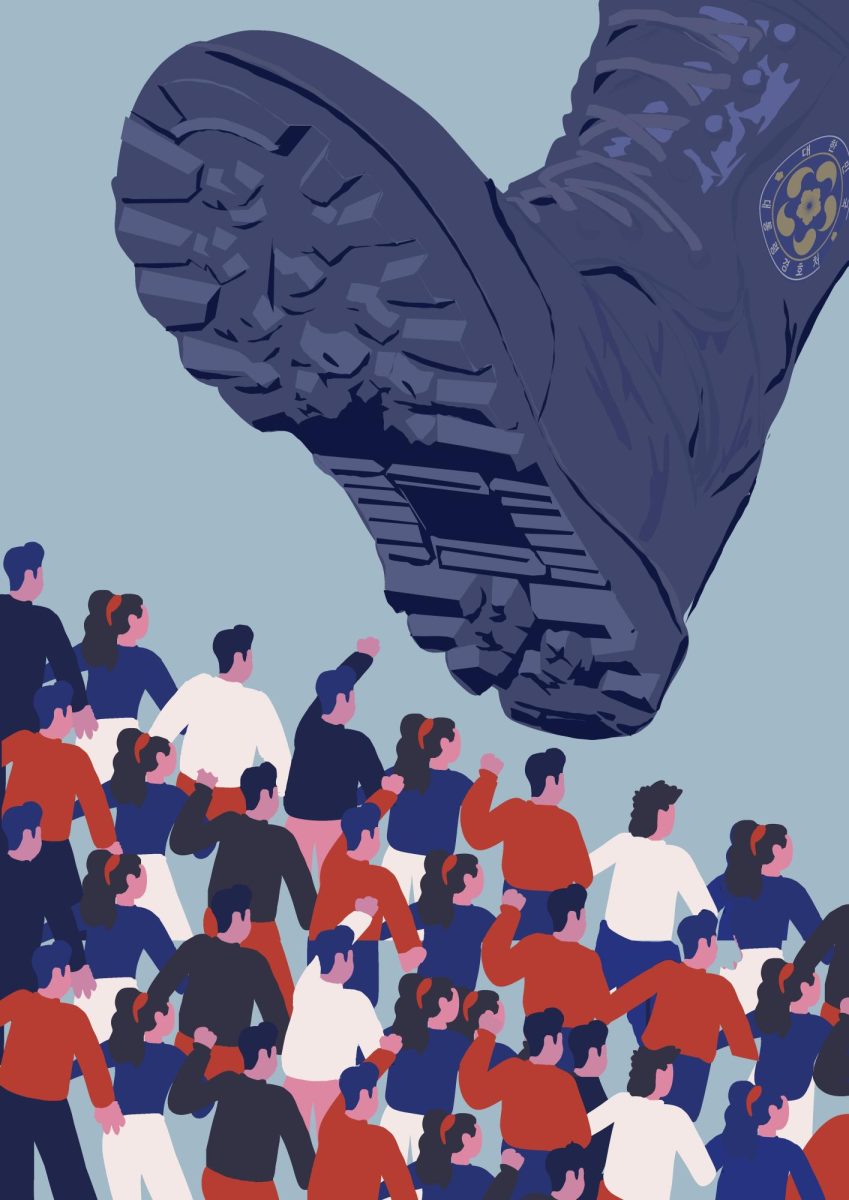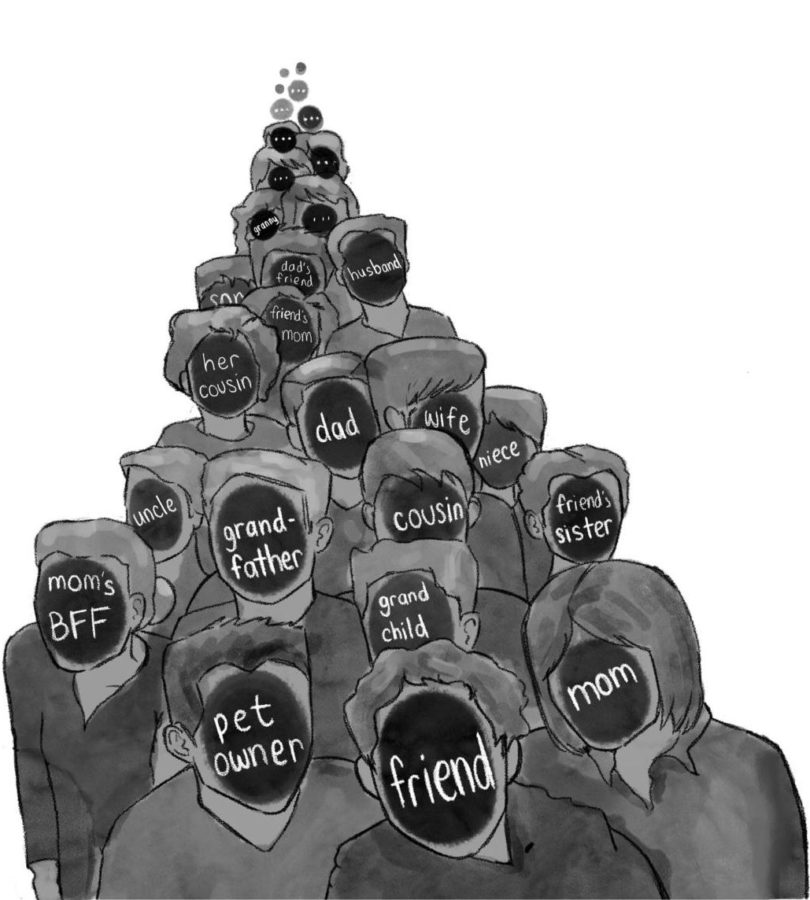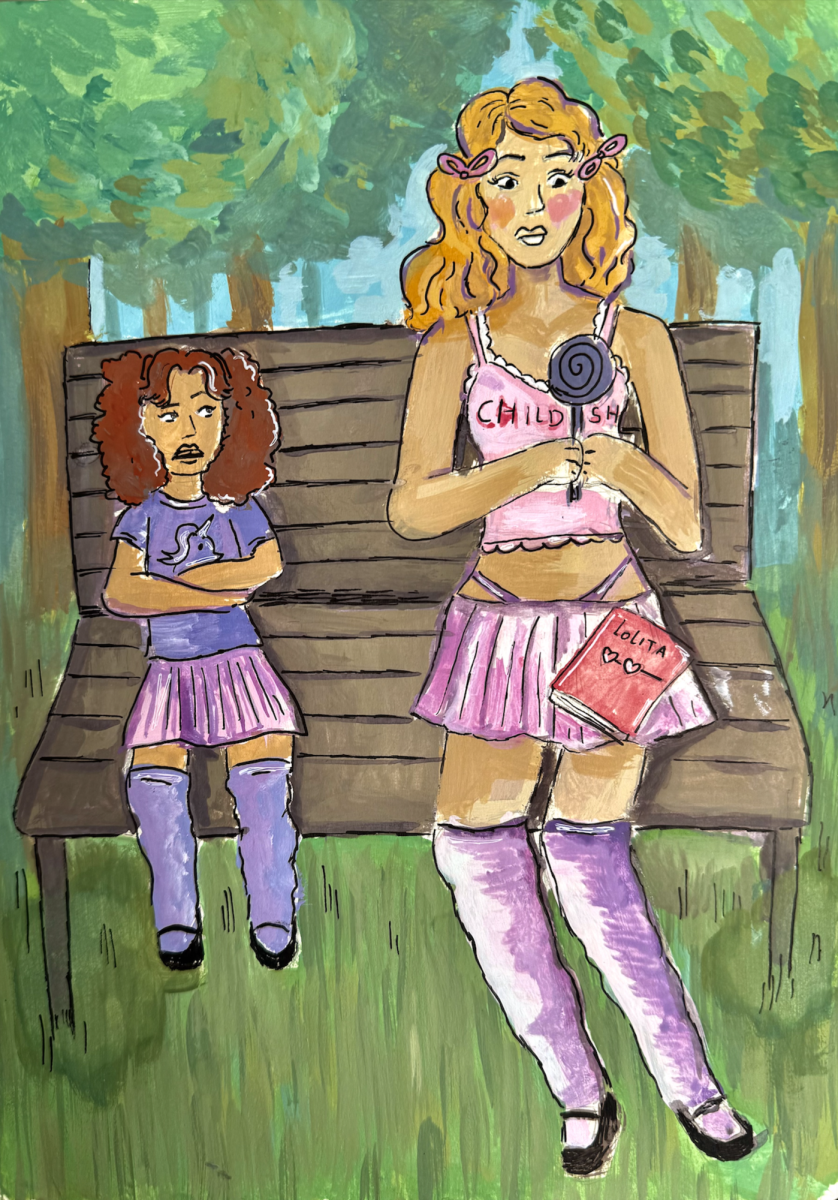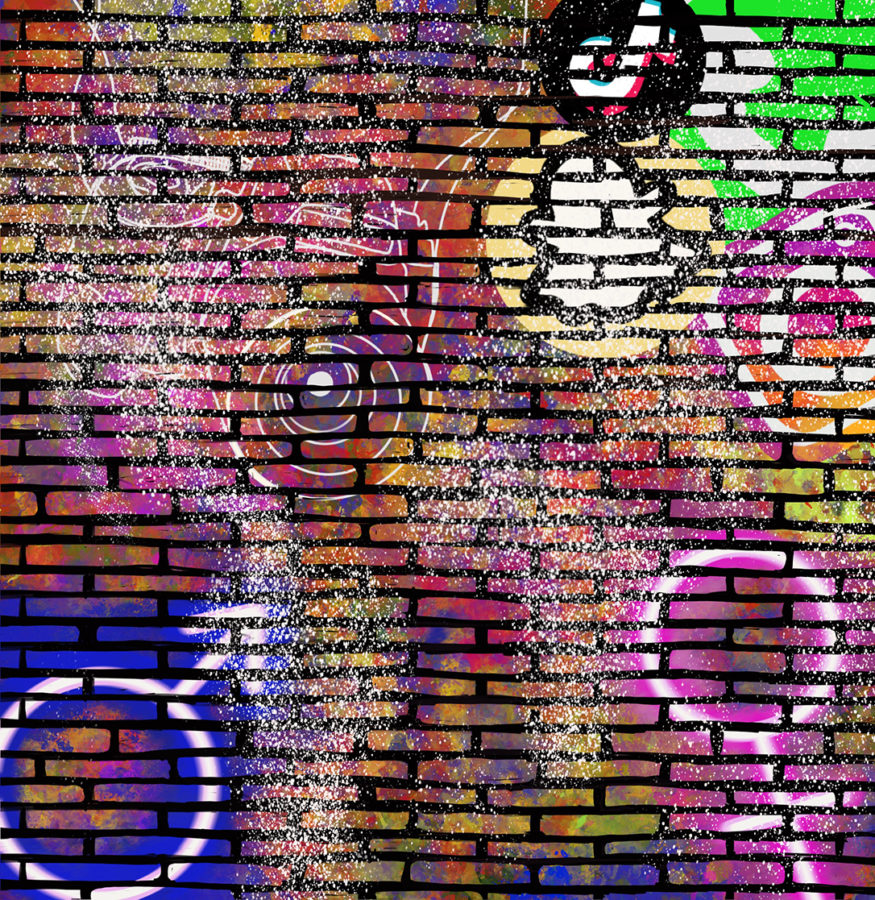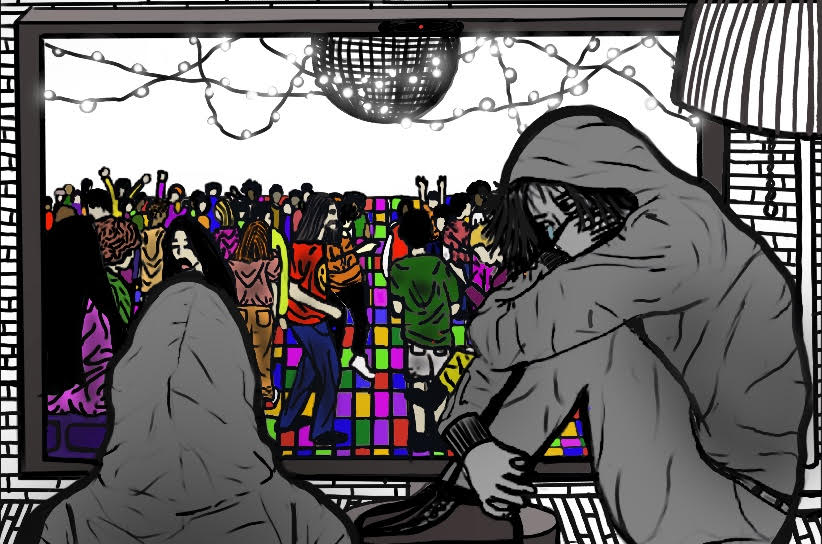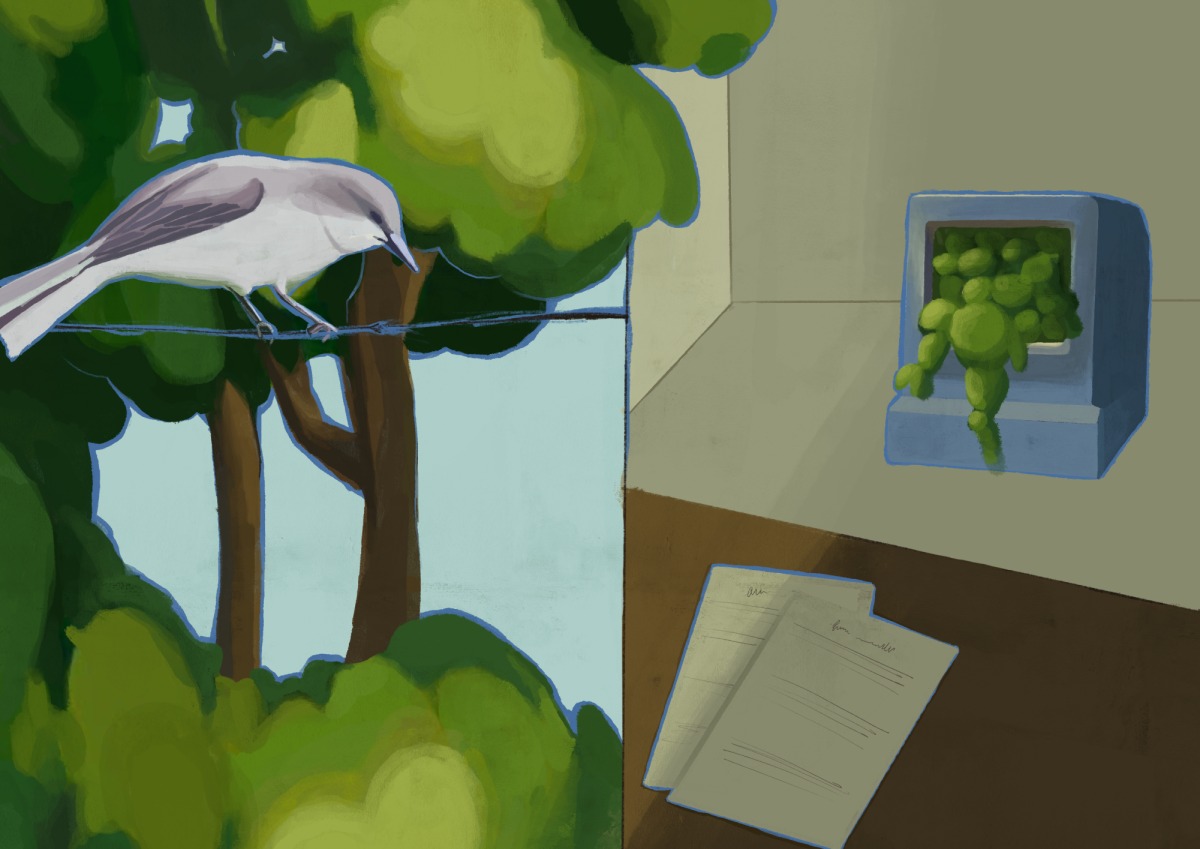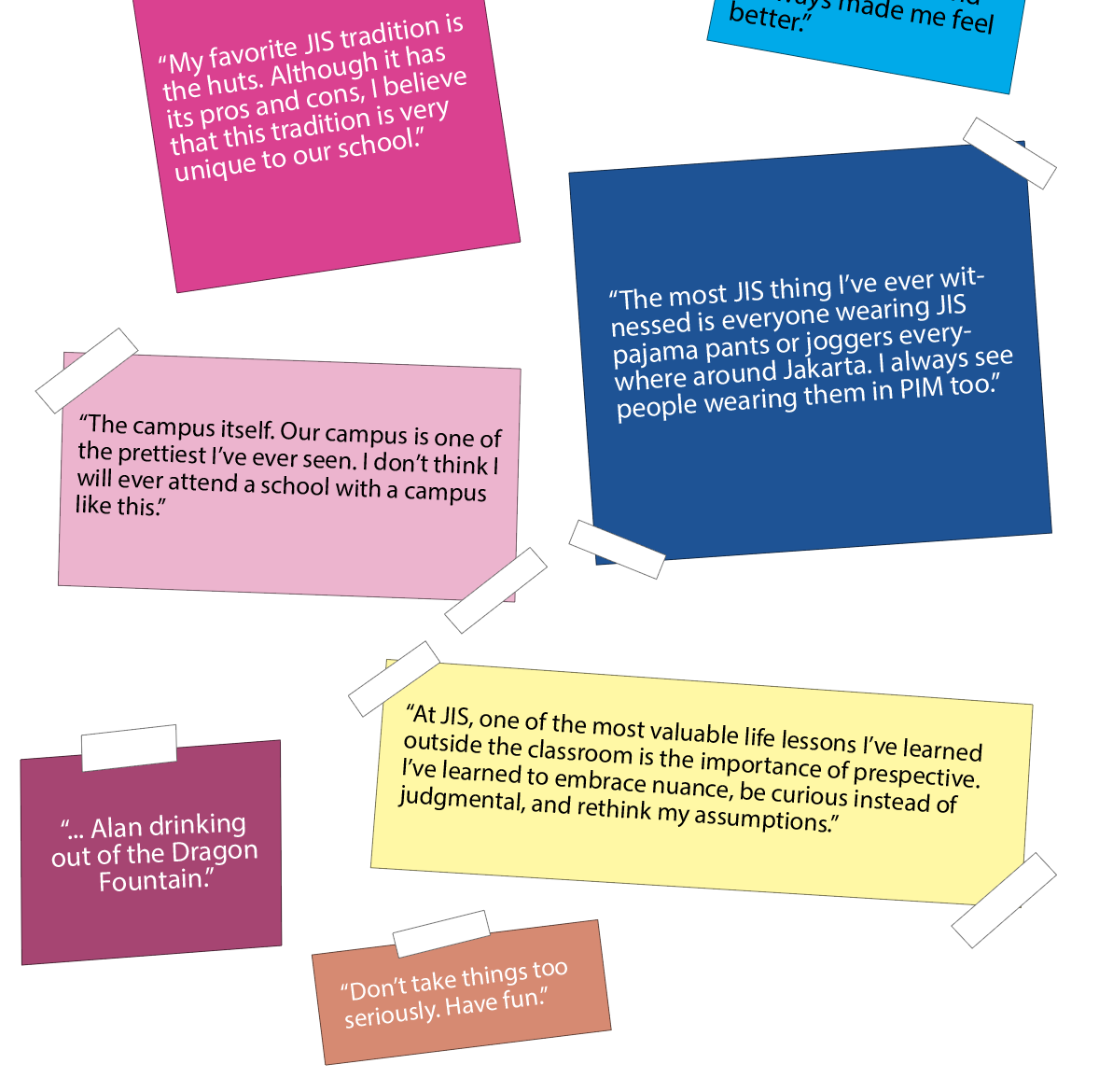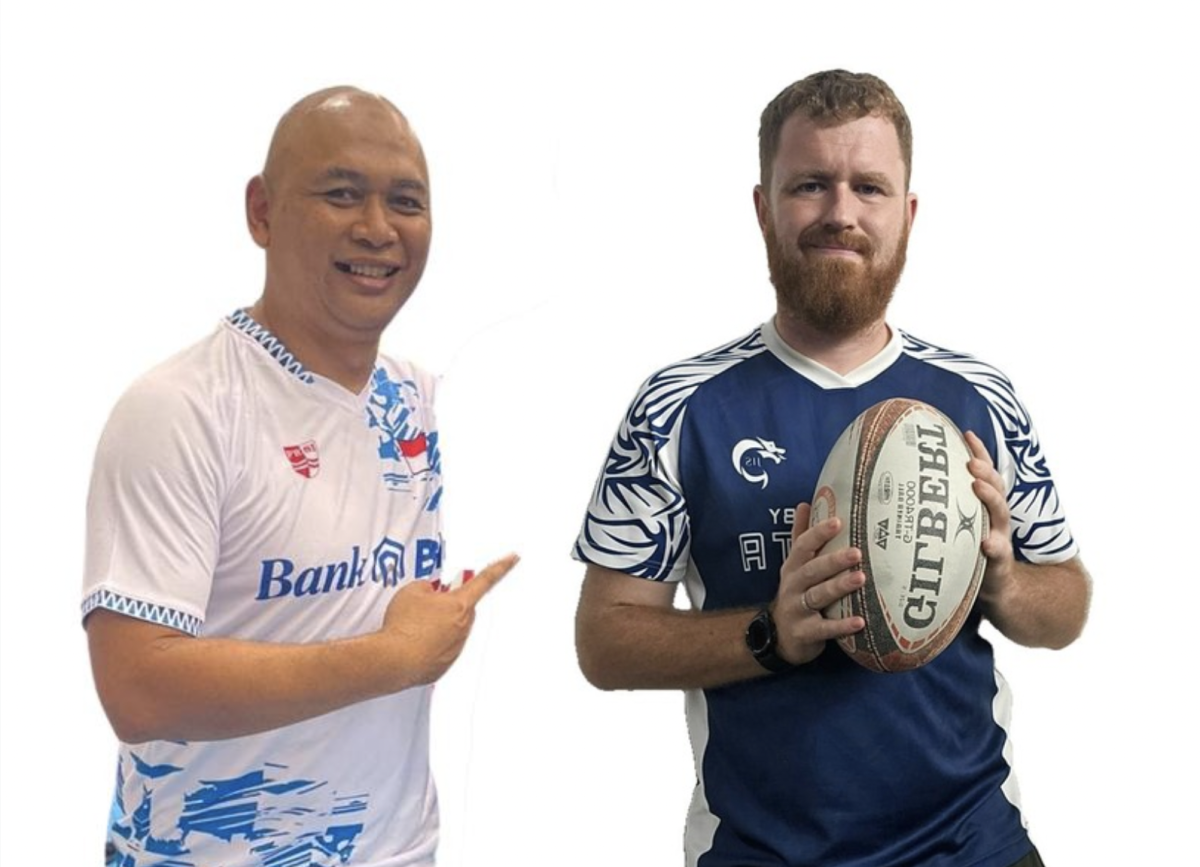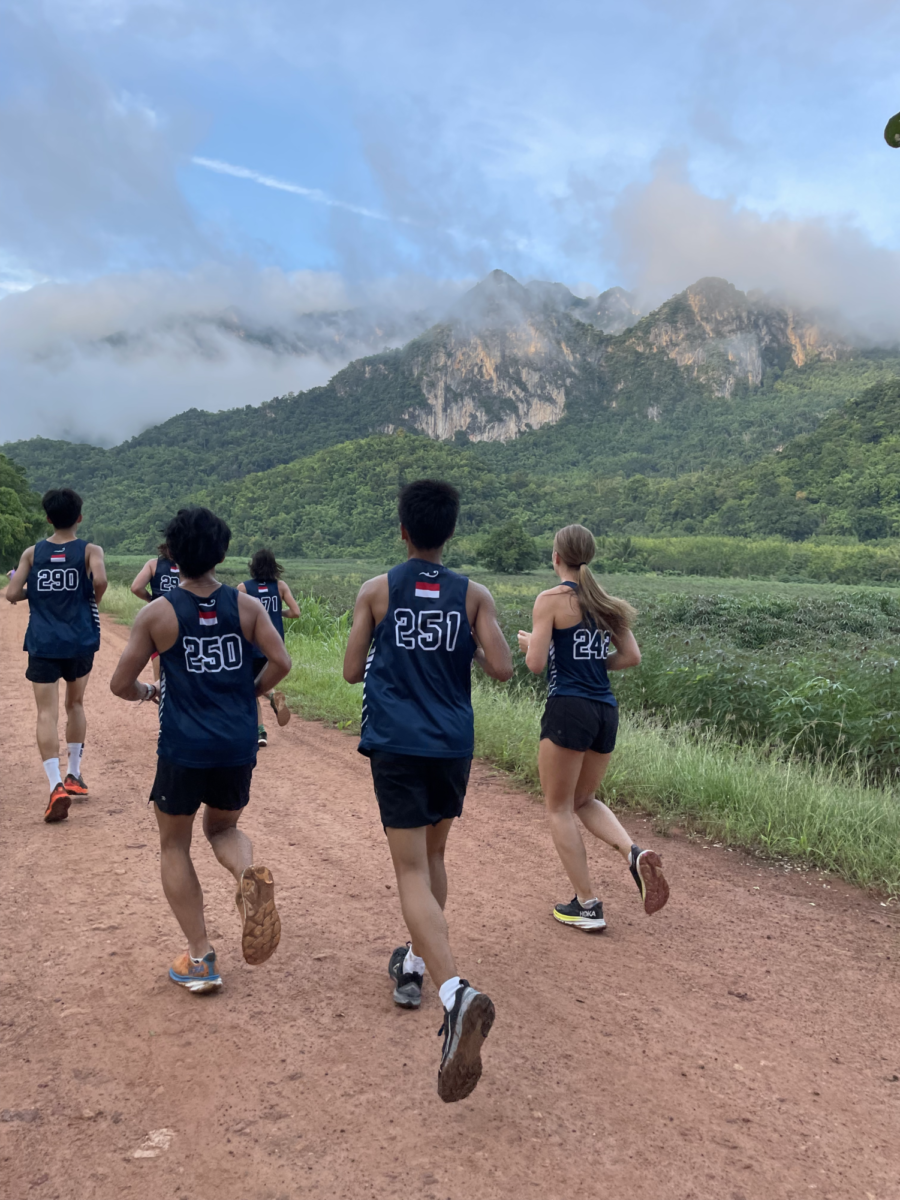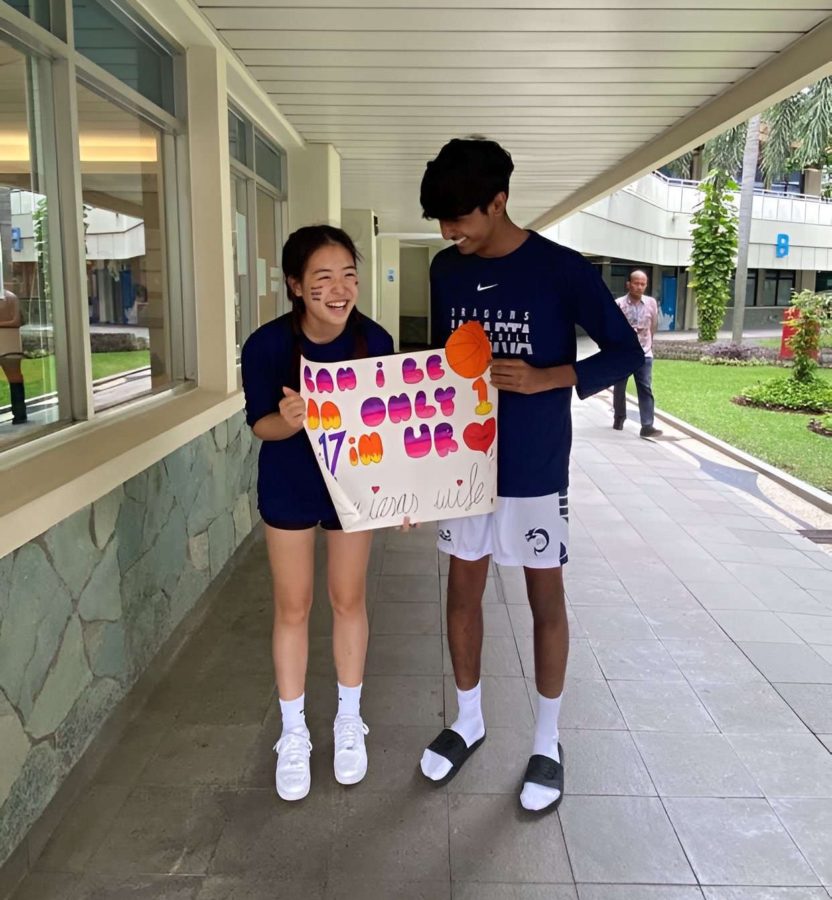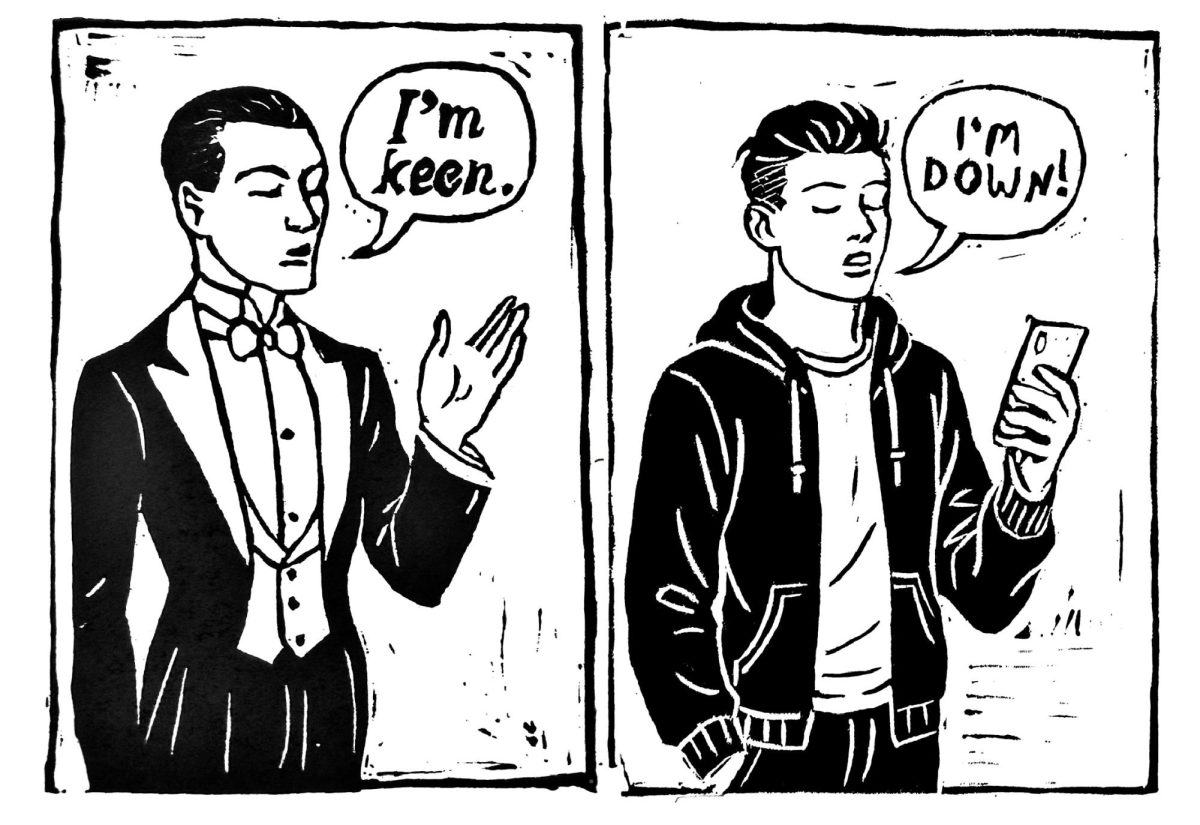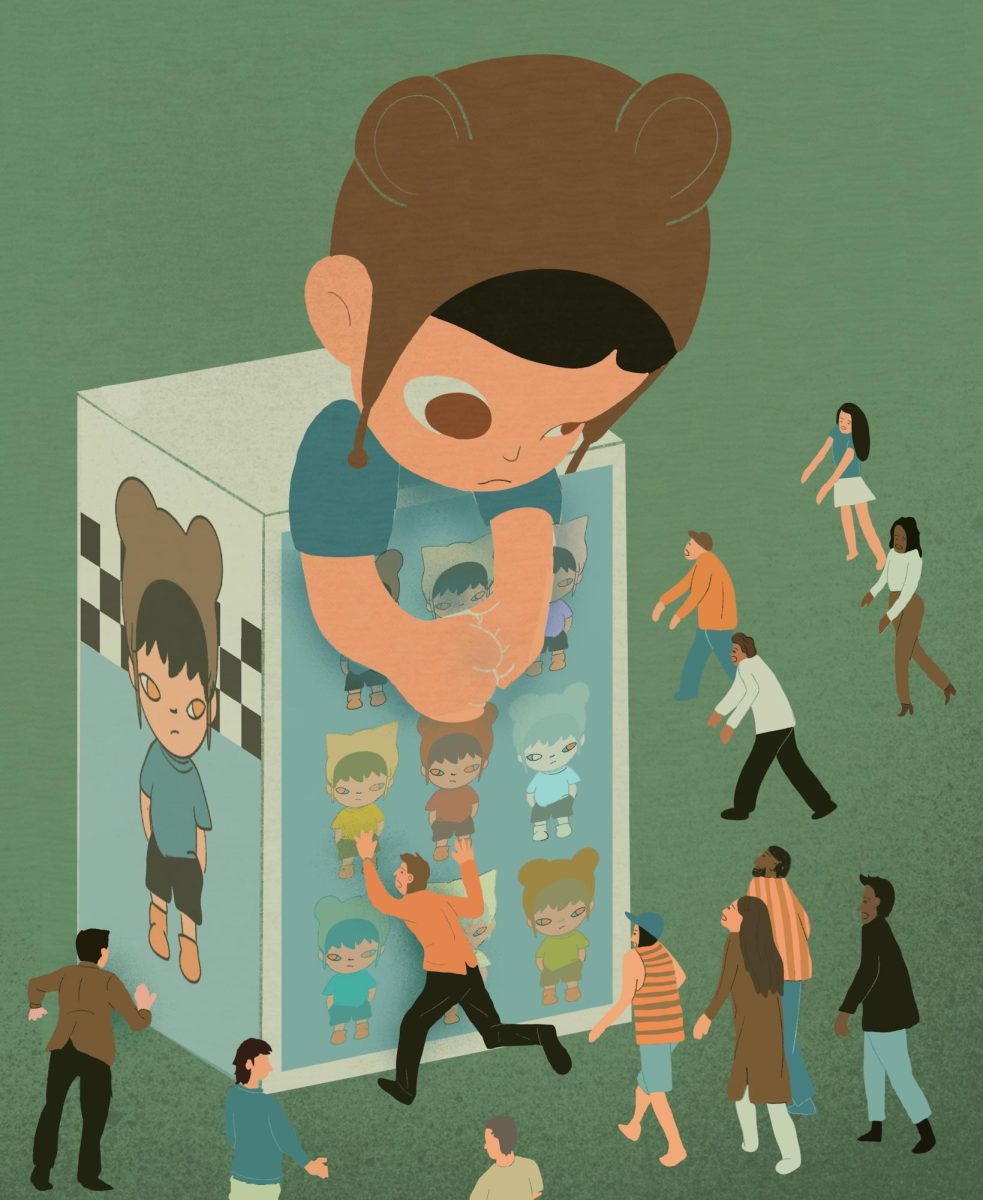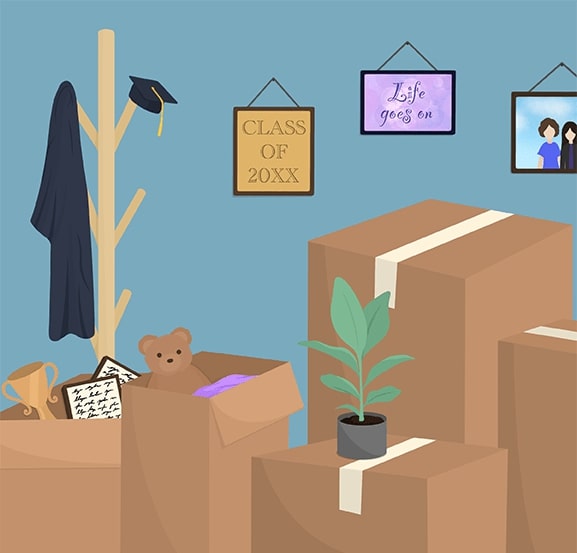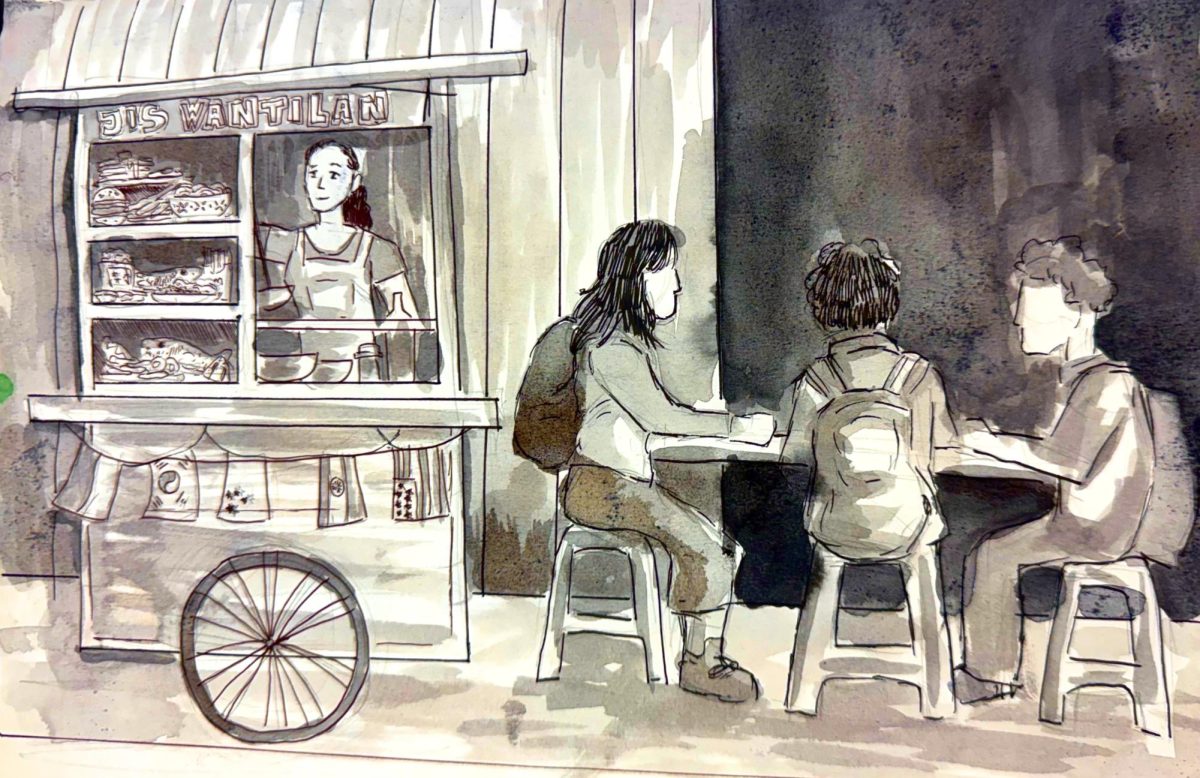Transitioning from high school to university marks a significant milestone in one’s life, portrayed as newfound freedom, exciting challenges, and the opportunity for personal growth. For the graduating Class of 2024, this transition is just around the corner. With feelings of excitement, anxiety, and anticipation, seeking guidance from those who have experienced this journey before is often overlooked—yet, can be extremely valuable. Drawing from their diverse experiences and unique paths, JIS alumni offer some advice and personal anecdotes for graduating seniors to guide them through possible intricacies of their freshman year of college.
Initial Challenges
Facing their increased autonomy and the uncertainties of university life, students encounter a unique blend of challenges. Elizabeth (Lizzie) Christella described the sense of being overwhelmed by the increased freedom and myriad choices in university as one of the most challenging aspects of her transition. From larger choices, such as selecting classes, to minor occurrences, such as when to do laundry or what to eat for lunch, Lizzie reflects, “It may sound really stupid, but I never had to think about [my choices] because those things were decided for me.” She then expanded on how people “either thrive or fail” when confronted with individual choices. While this newfound freedom can contribute to personal growth, it can also tempt students to make choices that are not in their best interest, such as skipping classes without facing consequences. Therefore, upon realizing the importance of strategy in navigating daily tasks, she suggested creating a routine in order to overcome this challenge.
Emma Wong also grappled with finding a healthy balance between schoolwork, extracurriculars, social life, and maintaining connections with family and friends back home. “I was honestly overwhelmed and excited by all the opportunities and avenues that college offered me,” she explained. To overcome this challenge, she focused on being more intentional with her time, opting to commit to only a select few clubs.
For Delbert Mear, the most challenging aspect was coming to terms with the uncertainty of university life. While students may come to university with an exact plan to navigate their lives, this blueprint is seldom fixed. “I found myself struggling to grapple with all the different avenues I…should be taking, ultimately leading me to get in my head and make no progress,” he noted. This challenge of adapting to the fluid nature of university life taught him the importance of flexibility and resilience in navigating the complexities of higher education. “I [had to] first find comfort in discomfort. Only then could I explore and filter the different routes that will support [my] success,” he recounted.
Rindu Pulang
Being abroad is challenging for some and exciting for others, but coping with feelings of homesickness while adjusting to university life requires resilience and adaptability.
Defining homesickness as “a longing for wanting to be back to where [he is] from,” Delbert adjusted by considering New York his new home. Making it seem as if he never left Jakarta, he decorated his room with pictures, flags, and other memorabilia.
For Emma, adjusting to life at Georgetown University was relatively smooth, compared to some of her other international student friends. Being half-American and studying in the United States, she found it easy to assimilate with the student body. However, her Indonesian background began to fade and was put on the backburner; particularly, in relation to the Indonesian language. “I came to realize that hearing Bahasa Indonesia around me provided a sense of comfort that I did not fully appreciate until it was gone,” she reflected, recognizing the importance of maintaining that part of her identity. She overcame her homesickness by beginning to speak more Bahasa Indonesia with her family back home whenever they called.
Similarly to Emma, Lizzie also speaks Bahasa Indonesia when calling her parents and friends to overcome homesickness. She also noted that, by living in Los Angeles, she has considerably more access to Indonesian restaurants than students in other locations. Additionally, she is surrounded by other former JIS and IASAS students, which help her “feel at home.”
A Sense Of Belonging
Emma shared that her favorite aspect of the JIS community is how proudly people identify with their time at the school. “I have friends and have met incredible alumni who have attended JIS… they constantly talk about how meaningful their experience was at our school,” she recounted. Reflecting on a JIS alumni event held at Georgetown University, Emma met JIS graduates Senator Tammy Duckworth and Representative Pramila Jayapal, who both spoke very positively about the diverse environment JIS cultivates.
On a similar note, Delbert is most fond of the connections made at JIS. He notes that it will be key to building both professional and social connections for the future. “The JIS community, above all, has been one of the strongest connections I have made, and I look forward to the endeavors I will inevitably pursue because of it,” he shared.
Lizzie also finds the supportive environment to be her favorite aspect of the JIS community. “Everyone is always willing to help you out if you have a question, share resources, and study with you.”
Advice For Current Dragon
Emma recounts, “I had so much anxiety coming to college, and I regret putting so much stress and pressure on myself at the very beginning of my freshman year. I believe things happen for a reason and you will find your people at college. My biggest piece of advice is to worry less and trust in the process. You will learn so much more about and grow into yourself through your college experience.”
Lizzie suggests that one should “Use the fact that no one cares about you in college to your advantage… For the most part, there is no such thing as popularity in college—people do not really care about what you do. So if there is something that you want to do… I would say go and start to do it in college because you can start with a clean slate. [This] is a time for you to explore your interests and passions, maybe even the ones that you were too shy to do so in high school.”
Delbert stated, “[Mess] around and find out. Make mistakes, literally.” He encourages taking calculated risks in order to venture, explore, and discover oneself.
As the Class of 2024 prepares to embark on their new journeys—and underclassmen eagerly anticipate their turn—it is important to remember the valuable insights shared by alumni who have walked this path before. Whether it be to help overcome homesickness or any other challenges one may face, hopefully, their experiences can serve as a guiding light, illuminating the way for this new, exciting chapter of life.


